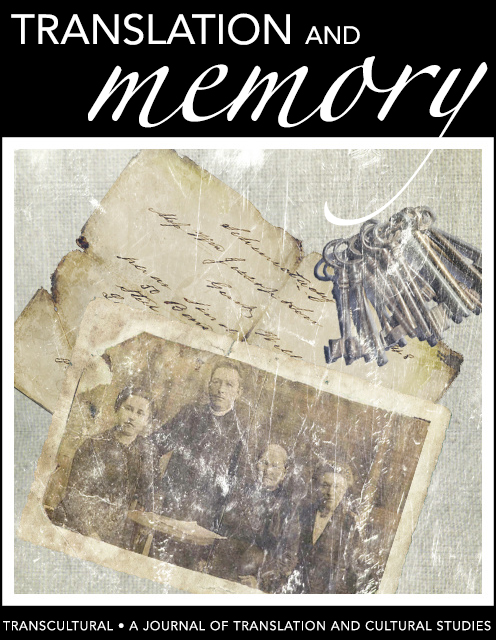Translation, Littérisation, and the Nobel Prize for Literature
DOI:
https://doi.org/10.21992/T92H02Keywords:
Nobel Prize for Literature, Cultural Capital, Literary Consecration, Literary-Value IndustryAbstract
This work is a cultural economics study of the problem of translation production and assessment in and leading up to the literary Nobel Prize deliberations. I argue that the constraints of assessing an unevenly and partially translated body of literary works, many of them from less common languages, present an unbreachable expertise gap. Translation as a sacralization, or consecration in Casanova’s (2004) term, of a writer’s work is considered in the context of the award. Ultimately the prize is shown to depend upon translations carried out in dissimilar circumstances for each candidate. The award of the Nobel is part of the founder’s call for works to be more widely circulated, not to reward fame; thus a Nobel is more an invitation to translate than a recognition of an author in translation, although evidence suggests that the post-Nobel translational impact may vary by writer and over time. This study sheds light on the degree to which the Prize is an authority-mediated phenomenon, and while critiquing the quixotic task of judging disparate forms and amounts of cultural capital side by side, and never from a point of neutrality, it also attempts to show how translation shapes this symbolic form of prestige in the struggle for existence. I posit that alternative prizes and prize-awarding in general as fraught with similar cross-language challenges. Possibilities for future research, qualitative analysis of the Nobel and translation demand, among other consequences, are briefly sketched.Downloads
Published
Issue
Section
License
Authors who publish with this journal agree to the following terms: a.Authors retain copyright and grant the journal right of first publication with the work simultaneously licensed under a Creative Commons Attribution License that allows others to share the work with an acknowledgement of the work's authorship and initial publication in this journal. b.Authors are able to enter into separate, additional contractual arrangements for the non-exclusive distribution of the journal's published version of the work (e.g., post it to an institutional repository or publish it in a book), with an acknowledgement of its initial publication in this journal. c.Authors are permitted and encouraged to post their work online (e.g., in institutional repositories or on their website) prior to and during the submission process, as it can lead to productive exchanges, as well as earlier and greater citation of published work (See The Effect of Open Access).



